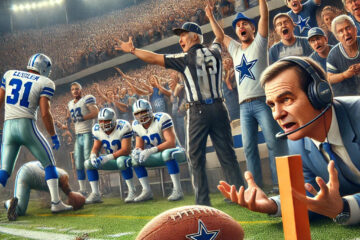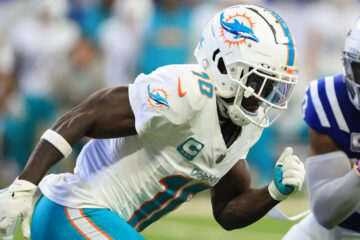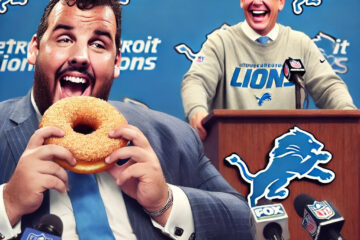The Green Bay Packers, one of the NFL’s most storied franchises, have always been under the intense scrutiny of fans, pundits, and analysts alike. Each season brings a fresh wave of optimism, doubt, and criticism. In today’s
hyper-connected world, where information—and misinformation—spreads fast, it’s essential to separate fact from
fiction when it comes to the many overreactions surrounding the Packers’ performance. This article aims to
dissect and analyze whether these overreactions are grounded in reality or merely products of heightened
emotions and speculation.
Early Season Struggles
Many Packers fans tend to hit the panic button early if the team starts the season on shaky ground. These early
season struggles often lead to overreactions about the team’s prospects. However, it’s important to remember
that football is a marathon, not a sprint. Historically, the Packers have shown resilience by bouncing back in
the latter part of the season. For instance, in the 2016 season, the Packers started with a middling record, only
to famously run the table and make it to the NFC Championship game.
Quarterback Criticism
Given the franchise’s history of Hall of Fame quarterbacks like Brett Favre and Aaron Rodgers, any slight
underperformance by the current quarterback tends to spark immediate criticism. While it’s true that consistent,
elite quarterback play can make or break a season, overreacting to a single bad game or a temporary slump is far
too common. Even legends have off-days, and long-term success should be measured by consistency over the course
of a season, not by isolated incidents.
Injury Concerns
Injuries are an inevitable part of football, and the Packers are no exceptions. When key players go down, fans
and analysts often express heightened concern about the team’s chances. While significant injuries can indeed
pose major challenges, it’s worth noting that the team often has a next-man-up mentality. Depth and player
development play crucial roles, and the Packers’ coaching staff has historically done a commendable job of
preparing backups to step in and perform adequately.
Coaching Decisions
Every coaching decision gets put under a microscope, from play-calling to time management to personnel
decisions. It’s easy to second-guess a coach from the comfort of your living room, but coaching in the NFL is a
highly complex task that involves numerous variables and split-second decisions. While some criticisms may be
valid, reacting with excessive negativity often overlooks the strategic thinking and context behind those
decisions.
Defensive Performance
defense wins championships, or so the saying goes. The Packers’ defense has been a frequent target of
overreactions, especially if they give up big plays or fail to protect a lead. While defensive consistency has
varied over the years, it’s crucial to consider the quality of the opposition and situational factors. Moreover,
defensive performance can improve significantly with adjustments and practice over the course of a season.
Social Media Amplification
In the age of social media, overreactions get amplified exponentially. Platforms like Twitter, Facebook, and
Instagram provide instant outlets for emotional responses from fans and pundits. These often knee-jerk reactions
can create a distorted sense of reality, making issues seem more significant than they actually are. It’s
essential to approach these with a critical eye and seek out balanced analyses.
Conclusion
While overreactions are an inevitable part of being a passionate sports fan, it’s essential to sift through the
noise to find the truth. The Green Bay Packers, like any professional sports team, experience highs and lows
throughout a season. By taking a reasoned and measured approach, fans can better appreciate the complexities of
the game and maintain a balanced perspective. Whether it’s early season struggles, quarterback criticism,
injury concerns, coaching decisions, or defensive performance, understanding the context is key to separating
fact from fiction.






